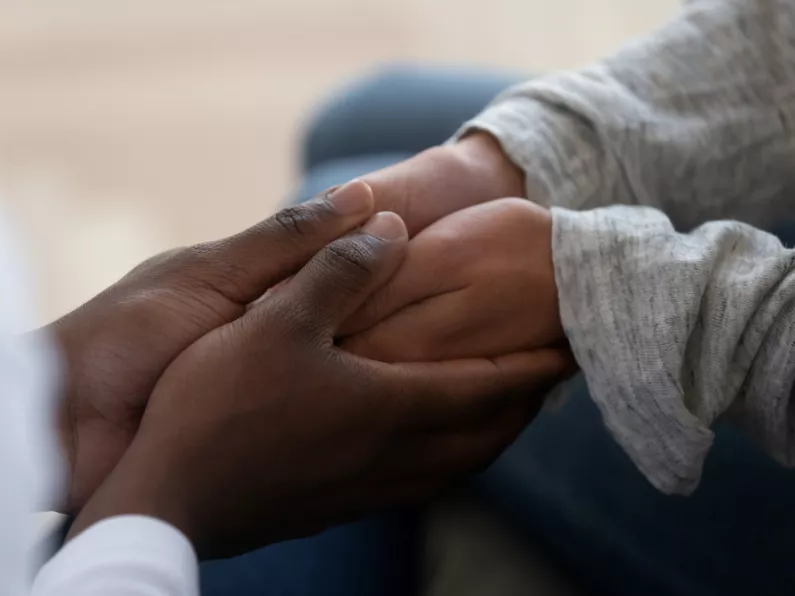A miscarriage can be an extremely isolating time for many women as the loss might have occurred very early on in the pregnancy and before they'd told any of their friends or family.
If someone close to you does confide in you about their pregnancy loss, it can be difficult to find the right words to comfort them.
What's most important is that you are there for them and that you acknowledge their loss and grief.
Here are 9 ways to support a friend after a miscarriage.
9 ways to support a friend after a miscarriage
- Acknowledge their loss: Many women and couples feel isolated and alone in their grief after losing a baby. You may worry that you don’t know what to say or think that it’s best not to say anything. But simply acknowledging someone’s loss can really help. Just let them know that you’re sorry for what has happened and that you are there for them.
- Ask how they're coping: It can often be very difficult to know if someone wants to talk about a painful event. If they don’t want to talk about it, that's their prerogative. But try not to let this fear stop you from asking.
- Choose your words carefully: There are some things that are commonly said to someone after a miscarriage that aren’t very helpful. It’s natural to want to make someone feel better and try to be encouraging about the future and their chances of having a healthy baby. However, things like “everything happens for a reason”, “you can always try for another one” or “at least you weren’t too far along” can be really upsetting. You may be trying to say something comforting or positive, but sometimes comments like this can sound cliché and dismissive, as though you’re not taking what’s happened seriously.
- Send flowers or a gift: If you don’t know what to say, or are worried about calling at a bad time, you could try sending a gift to let someone know you’re thinking of them.
- Be there to sit and listen: When someone is in emotional pain, we all feel tempted to offer encouraging words, or even possible solutions, because we want to help. You may even have been through similar experiences of pregnancy and loss and want to offer some advice based on how you coped. This can be helpful, but bear in mind that everyone is different and it’s important to let people grieve the way they want to. Sometimes people aren’t looking for advice about what they can do. They just need someone to listen to how they feel. Try to give them space to say everything they want to say to someone who is really listening.
- Don’t forget the physical aspect of losing a baby: Having a miscarriage affects a woman’s physical health as well as causing emotional pain. For example, they may have been to hospital for an operation. They may be feeling overwhelmed by irregular hormones or exhausted after losing blood or the trauma of miscarrying. Offering practical support can help. For example, you could offer to do the shopping, cook dinner or simply offer to keep them company.
- Be sensitive about pregnancy: Try to bear in mind that it can be difficult for people who have lost a baby when someone they know gets pregnant or has a baby. There’s no need for you to feel guilty about sharing happy news, just try to be sensitive to your friend or family member’s feelings. They are probably struggling to be sensitive to your feelings too.
- Remember significant dates: Many women and couples remember the date that they found out they were pregnant and the date they lost their baby. Some people find these days particularly difficult, while others actively commemorate their baby every year. Whatever the situation, it may be helpful for you to remember these dates and ask your friend or family member how they are. They may want a distraction or need to talk. The pain doesn’t stop at the miscarriage, for some people it helps if friends remember important dates or times of year.
- Help them find the support they need: We all try to be there for the people we love, but sometimes people need more than what we can offer. If your loved one is struggling and you feel that they may need more support, you could try to help them find what they need. For example, some people find it helpful to talk to other people who have been through a similar experience. Others may find it helpful to talk to a professional.







